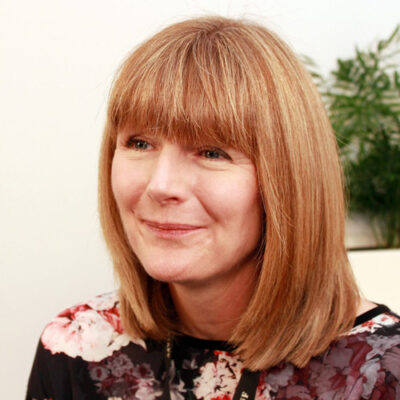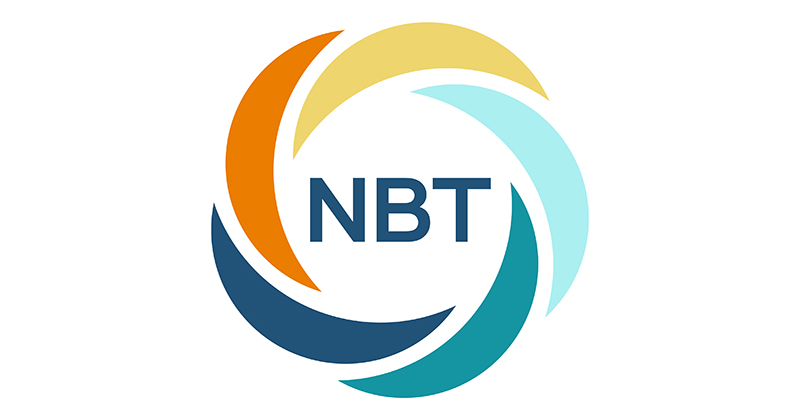“A lot of children don’t get GCSEs above a grade 4 – so they are deemed to have failed, and they don’t really have a good record of what they achieved,” says Tom Sherrington of the National Baccalaureate Trust.
The trust this week published detailed proposals for a new qualification they say would solve this problem by giving all students a record of accomplishments between 14 to 18-years-old.
The National Baccalaureate for England (NBfE) would be made up of 600 credits (200 for 14 to 16-year-olds, and 400 for 16 to 18-year-olds).
Rather than choosing to study a certain number of full qualifications, pupils could pick and choose either full or part subjects that would all be worth a different number of credits.
English and maths would be studied until 18, and pupils would also have to complete units in personal development and research projects, such as Duke of Edinburgh awards or the National Citizen Service.
Rather than grades, they would be awarded points for each unit completed – with 600 points the maximum overall score at 18.

They would finish with a full digital transcript detailing their achievements – rather than just what they “failed”.
It would encourage exams to be taken “when ready” and expand assessment to include moderated portfolios, oral, practical and adaptive tests.
“The people who say ‘scrap GCSEs’ are not helping, because they are never saying what would happen instead,” Sherrington said.
“The baccalaureate would allow you to stop thinking, are exams good? Should we have GCSEs? It’s about the most appropriate mode of assessment for each type of subject.”
What problems would Baccalaureate solve?
The trust says the system’s weight currently “falls heavily” in year 11 with the volume of tests and revision “disproportionate” and “distorting” to a coherent 14 to 18 curriculum.
Students move from a “crowded, inflexible” GCSE experience to a “narrow three-subject curriculum” at A-level or single-discipline technical qualification, with little scope for further study.
The qualification also puts academic and technical pathways on “parallel” terms, the trust says, and ensures children take part in extracurricular activities.
“There is a whole other world of assessment beyond this very narrow, precise way we do it now,” Sherrington said.
It would mean huge upheaval, though. One proposal is to introduce the framework using GCSEs before gradually breaking them up into more “flexible and specialised” one-year courses.
Eventually pupils could access more subjects, with minimum credits set across certain areas such as languages, social sciences and humanities.
Wood Green School, an academy in West Oxfordshire, has created its own baccalaureate, based around the core GCSEs and A-levels, but with an extended project, personal development programme and work experience.
Robert Shadbolt, the school’s head, said it had “embedded” this into the curriculum as an “entitlement” for every pupil.
‘Long-lasting support would be essential’
While Covid has amplified calls for exam reform, the government’s commitment to them has not faltered.

But the trust’s plans put back on the table baccalaureate-style proposals similar to those put forward in 2004 by the government-commissioned Tomlinson review. Despite early support, they were not implemented after changes in ministerial teams.
Dr Michelle Meadows, a former deputy chief regulator at Ofqual, said Tomlinson showed that “long-lasting cross-party consensus and support” would be essential.
“For too long, we have over-relied on qualifications alone to represent what a person is capable of,” she said. But changes to the qualification system were high risk.
“Perhaps this is one proposal capable of generating the consensus needed to succeed.”
Jonathan Simons, a partner at the consultancy Public First, said it was one of the “most thoughtful and worked-through” attempts to “to square the desire to ensure all young people have a wide range of skills and capabilities, with the need for rigorous knowledge and accurate and valid assessment.”

However Tim Oates, director of assessment research at Cambridge Assessment, said wider discussions on system change seemed to confuse qualifications reform with curriculum reform.
“We need better formative assessment overall, better diagnostic assessment at the beginning of key stage 3, and we need to look at relevance and engagement.”
Barnaby Lenon, a former Ofqual standards adviser, said the proposals sounded like the old national record of achievement, “which was a failure partly because of the bureaucracy involved”.
Good schools and colleges already promoted and recorded non-exam activities. Without the motivation of GCSEs,16-year-olds would not “engage fully”.
A Department for Education spokesperson said reformed GCSEs “rigorously assess the knowledge acquired by pupils and are in line with the expected standards in countries with high-performing education systems”.









Your thoughts